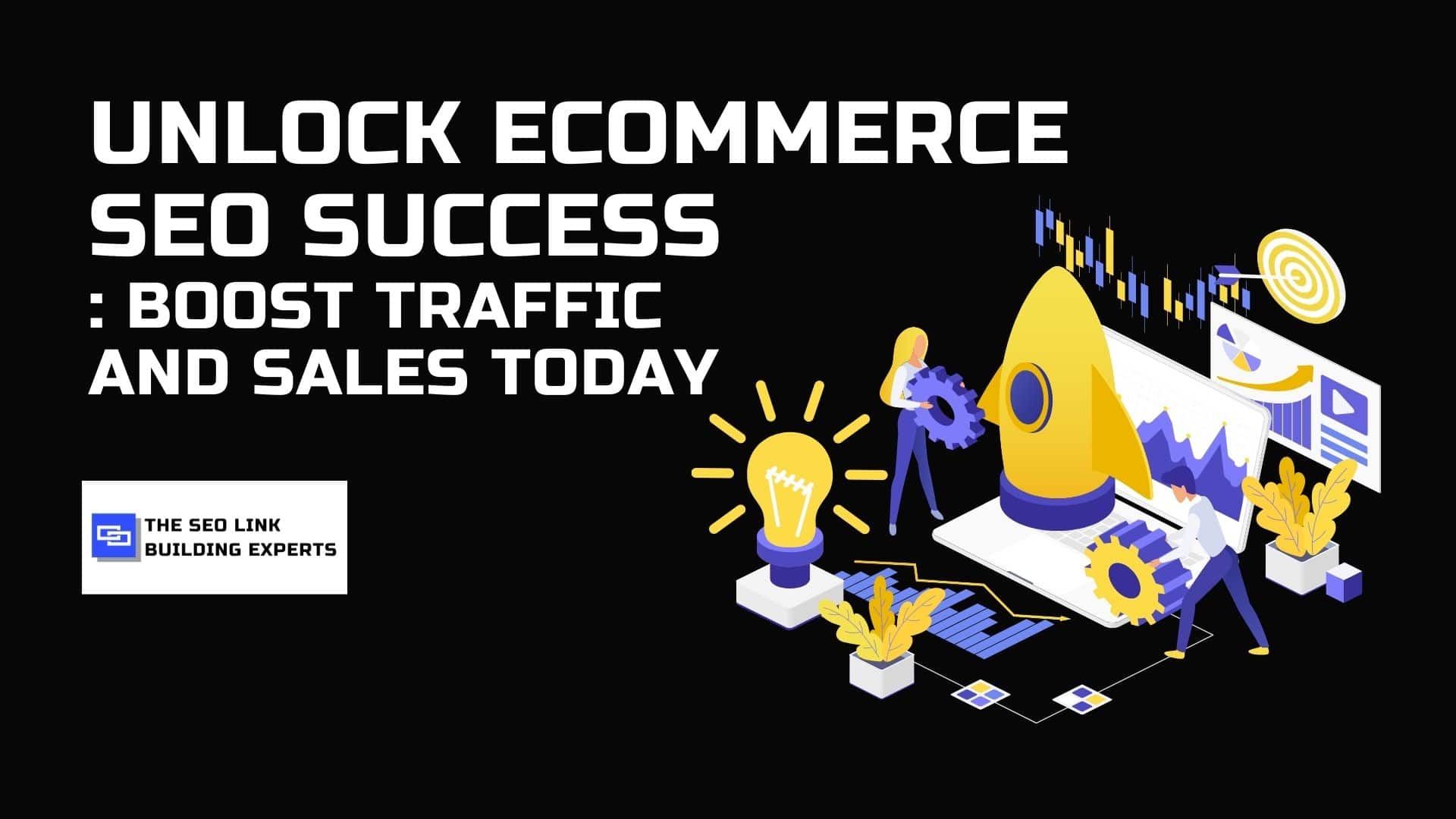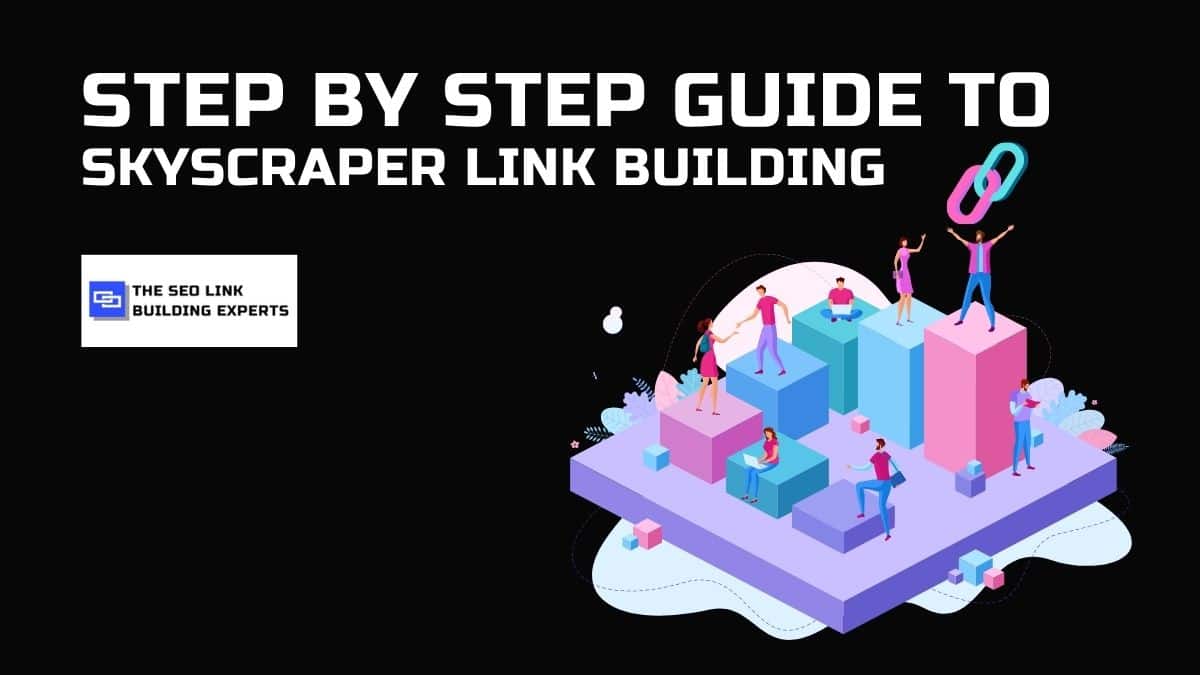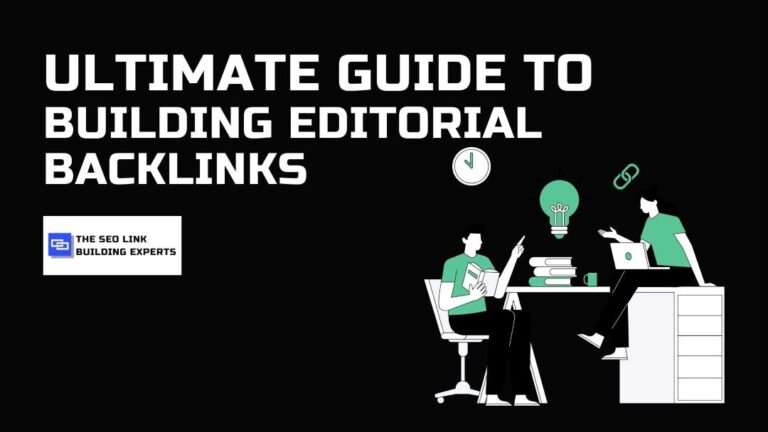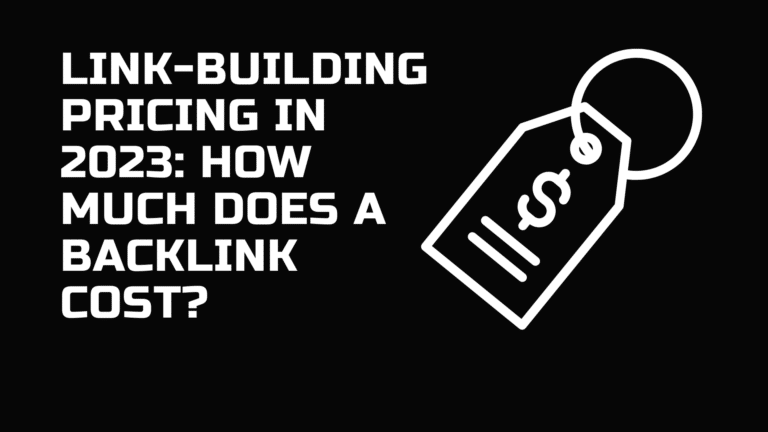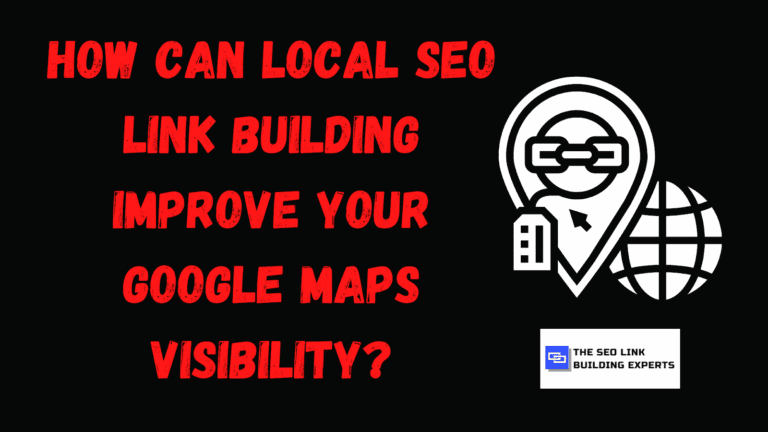Unlock Ecommerce SEO Success: Boost Traffic and Sales Today
Welcome to our article on ecommerce SEO! As a leading link building service company, we know how crucial it is to ensure your online store is visible to potential customers. That’s where ecommerce SEO comes into play.
By implementing effective ecommerce SEO strategies, you can improve your website’s visibility on search engines, drive more traffic to your online store, and ultimately, increase sales.
In this article, we will cover everything you need to know about ecommerce SEO, including the basics, on-page optimization, site structure, content creation, mobile optimization, technical SEO, social media, backlinking, performance monitoring, and future trends.
So, whether you are new to ecommerce or a seasoned pro, get ready to learn how to unlock ecommerce SEO success and take your online store to the next level!
Key Takeaways:
- Ecommerce SEO is essential for driving traffic and increasing sales.
- We will cover a range of topics to help you optimize your online store, including on-page optimization, site structure, content creation, mobile optimization, technical SEO, social media, backlinking, and performance monitoring.
- Stay ahead of the competition by keeping up with the latest ecommerce SEO trends and strategies.
Understanding Ecommerce SEO
Welcome to our comprehensive guide to ecommerce SEO! At its core, ecommerce SEO involves optimizing your online store to improve your search engine rankings, drive traffic, and increase sales. But before we dive into the strategies and techniques that can help you achieve ecommerce SEO success, it’s important to understand some of the fundamentals. Let’s explore the key concepts that underpin ecommerce SEO so that you can develop a solid foundation.
How Search Engines Work
Search engines like Google and Bing use complex algorithms to crawl, index, and rank websites based on numerous factors. These algorithms take into account factors such as the relevance and quality of website content, user experience, and technical considerations like site speed and mobile-friendliness.
One of the main goals of ecommerce SEO is to optimize your online store to align with these search engine algorithms so that your website can rank higher in search engine results pages (SERPs). This can help to increase organic traffic to your website, which in turn can drive more conversions and revenue.
The Importance of Keyword Research
Keyword research is a critical component of ecommerce SEO. It involves identifying the key search terms that your target audience is using to find products or services like yours. By conducting thorough keyword research, you can optimize your website content and product pages to align with these search terms, helping your website to rank higher in SERPs.
There are numerous tools and techniques that you can use to conduct keyword research, including Google’s Keyword Planner, SEMrush, and Ahrefs. These tools can help you to identify high-volume, low-competition keywords and phrases that can help to boost your search engine rankings.
Optimizing Your Website for Better Visibility
To achieve ecommerce SEO success, it’s important to optimize your website for better visibility in search engine rankings. This involves a range of on-page and off-page SEO techniques, including optimizing product descriptions, meta tags, and website structure.
Other important considerations include website speed, mobile-friendliness, and the use of structured data markup to help search engines better understand your website content.

By following these fundamental principles of ecommerce SEO, you can start to develop a solid understanding of the key strategies and techniques that can help you unlock ecommerce SEO success. In the next section, we will delve deeper into on-page ecommerce SEO strategies that can help to boost your online store’s visibility and drive more traffic and sales.
Implementing On-Page SEO for Ecommerce
As we have discussed earlier, On-Page SEO is crucial to boost your ecommerce store’s visibility and drive traffic. Here are some effective On-Page SEO techniques to improve your ecommerce SEO:
| On-Page SEO Techniques | Description |
|---|---|
| Keyword Research | By conducting thorough keyword research, you can identify the most relevant and high-performing keywords to target in your product descriptions, content, and meta tags. |
| Optimized Product Descriptions | Creating engaging and optimized product descriptions with relevant keywords can not only improve your website’s rankings but also entice potential customers to make a purchase. |
| URL Structure | Having a clear and concise URL structure with relevant keywords can make it easier for search engines to crawl and index your website’s pages. |
| Meta Tags | Optimizing your page titles and meta descriptions with relevant keywords and engaging language can increase your click-through rates and improve your website’s rankings. |
| Image Optimization | Optimizing your images with relevant alt tags and descriptive file names not only improves your website’s visibility but also enhances the user experience. |
Implementing these On-Page SEO techniques can significantly improve your ecommerce store’s visibility and drive traffic to your website. Additionally, it can improve the user experience, which can boost your website’s conversion rate. Remember to optimize your website continuously for better results!

Building an Effective Site Structure
When it comes to ecommerce SEO, having a well-structured website is essential for both users and search engines. By organizing your website in a logical and intuitive manner, you can improve user experience, increase engagement, and boost your search engine rankings.
One of the key elements of site structure is categorization. By creating clear and distinct categories for your products, you can make it easy for customers to find what they’re looking for. This can also help search engines understand the hierarchy and organization of your website, which can enhance your visibility in search results.
In addition to categorization, navigation is another critical component of site structure. Your navigation menu should be easy to use and clearly display the main sections of your website. This can improve user experience and encourage customers to explore your website further.
Internal linking is also crucial for site structure. By linking relevant pages within your website, you can create a network of content that search engines can crawl and index. This can lead to improved visibility in search results and enhance the user experience by providing additional information and resources.

By building an effective site structure, you can help both users and search engines understand the organization of your website. This can improve user experience, increase engagement, and boost your search engine rankings, ultimately driving more traffic and sales to your online store.
Creating High-Quality Ecommerce Content
Creating high-quality content is an essential component of ecommerce SEO. Not only does it provide value to your customers, but it also helps search engines understand the relevance and authority of your website. To create effective ecommerce content, here are some tips:
- Research product keywords: Before creating product descriptions or other content, research keywords to include in your writing. This will help search engines match your content with relevant user queries.
- Write compelling product descriptions: Product descriptions should be clear, concise, and highlight the benefits of the product. Use descriptive language and incorporate keywords naturally.
- Create blog content: Blog posts can help drive traffic to your ecommerce site and establish your brand as an authority in your industry. Write posts that are informative, engaging, and relevant to your audience.
- Include images and videos: Visual content can make your ecommerce site more engaging and help customers better understand your products. Use high-quality images and videos that showcase your products in the best light.
Remember, the goal of your ecommerce content is to provide value to your customers while also boosting your search engine rankings. By following these tips, you can create effective content that achieves both of these goals.

Optimizing for Mobile Users
In today’s fast-paced world, a majority of users browse websites on their mobile devices. Mobile optimization has become a crucial factor for ecommerce SEO success. With the rise of mobile users, search engines like Google have updated their algorithms to prioritize mobile-friendly websites.
Responsive design is a top priority for mobile optimization. A website with a responsive design adjusts its layout automatically to fit the user’s device, whether it’s a smartphone or tablet, ensuring a smooth user experience. Another crucial factor for mobile optimization is page speed. A website that loads quickly on mobile devices is likely to have a lower bounce rate and higher engagement.
According to a recent study, 57% of users say they won’t recommend a business with a poorly designed mobile site, and 40% will go to a competitor’s site instead. Therefore, it’s essential to prioritize mobile optimization for your ecommerce website to ensure a positive user experience and rank high on search engine results pages.

Utilizing Technical SEO for Ecommerce
As we mentioned earlier, technical SEO is an essential aspect of improving your ecommerce website’s search engine visibility. There are several technical strategies that you can implement to enhance your website’s performance, such as:
| Strategy | Description |
|---|---|
| Website speed optimization | A fast-loading website not only improves user experience but also helps boost search engine rankings. Use tools like Google PageSpeed Insights to identify ways to improve your website’s speed. |
| Structured data markup | Structured data on your ecommerce website can help search engines understand your content better and can lead to rich snippets in search results, enhancing your website’s visibility. |
| XML sitemaps | XML sitemaps help search engines crawl and index your website’s pages quickly and efficiently, improving your website’s overall search engine visibility. |
By implementing these technical strategies, you can improve your website’s performance, thereby boosting your search engine rankings and ultimately increasing traffic and sales.
Note: Google has announced a major algorithm update set to roll out in 2021. This update places a strong emphasis on website performance, especially on mobile devices. Make sure your website is optimized for mobile and runs smoothly to avoid any negative impact on your search engine rankings.

Leveraging Social Media for Ecommerce SEO
At this point, you’re probably well aware of the power of social media. But did you know that it can also contribute to your ecommerce SEO efforts? By leveraging social media platforms to drive traffic, engage with customers, and improve search engine rankings, you can take your online store to new heights.
One of the most effective ways to use social media for ecommerce SEO is by sharing high-quality content that includes relevant keywords and links back to your website. This not only drives traffic directly from the social media platforms but also improves your website’s search engine visibility.
In addition to sharing content, social media also provides a powerful platform for engaging with customers and building your brand. By responding to comments and messages, you can show your customers that you value their feedback and are dedicated to providing exceptional service. This can improve customer loyalty and even lead to user-generated content that further boosts your SEO efforts.
Another way to leverage social media for ecommerce SEO is by utilizing social media advertising. Platforms like Facebook and Instagram offer highly targeted advertising options that allow you to reach your ideal audience and drive traffic to your website. By creating compelling ads that include relevant keywords and link back to your website, you can significantly increase your online store’s visibility and sales.
Overall, social media provides a wealth of opportunities for improving your ecommerce SEO efforts. By creating high-quality content, engaging with customers, and utilizing social media advertising, you can take your online store to the next level. Our next section will cover building high-quality backlinks for ecommerce SEO.

Building High-Quality Backlinks for Ecommerce SEO
One of the most crucial aspects of ecommerce SEO is building high-quality backlinks. Backlinks are links from other websites that direct users to your website. They are a key factor in search engine rankings and can significantly impact your online store’s visibility.
There are several strategies for building authoritative backlinks. One popular method is link building, which involves reaching out to other websites and requesting them to link to your website. Guest blogging is another effective strategy, where you can write articles for other websites in exchange for a backlink to your own website.
Influencer marketing is also a powerful way to build backlinks. By partnering with influential bloggers and social media personalities, you can gain exposure and attract backlinks from their followers. Additionally, participating in industry forums and online communities can help you establish credibility and earn backlinks from relevant websites.
| Key Takeaways: |
|---|
| Backlinks are links from other websites that direct users to your website and are a crucial factor in search engine rankings. |
| Link building, guest blogging, and influencer marketing are effective strategies for building authoritative backlinks. |
| Participating in industry forums and online communities can also help you establish credibility and earn backlinks from relevant websites. |
It’s essential to focus on building high-quality backlinks that are relevant to your ecommerce store. Low-quality backlinks from spammy websites can harm your search engine rankings and damage your online reputation.

By implementing effective backlink strategies and consistently monitoring and analyzing your performance, you can enhance your ecommerce SEO efforts and boost your website’s authority and visibility.
Monitoring and Analyzing Ecommerce SEO Performance
Now that we have covered the essential strategies for optimizing your ecommerce website, it is crucial to regularly monitor and analyze your SEO performance. This will help you identify areas for improvement and make data-driven decisions to boost your website’s visibility and sales.
Two essential tools for monitoring your ecommerce SEO performance are Google Analytics and Google Search Console. With Google Analytics, you can track your website’s traffic, bounce rates, and conversions, providing you with valuable insights into your web presence’s effectiveness. Google Search Console, on the other hand, allows you to track your website’s ranking performance, identify crawl errors, and submit sitemaps for indexing.
Some essential metrics to track include keyword rankings, organic traffic, click-through rate (CTR), and conversion rate. By monitoring these metrics, you can identify what is working well and what needs to be improved.
It is recommended to analyze your ecommerce SEO performance regularly, at least monthly or quarterly, and make informed decisions based on the data. By staying on top of your website’s performance, you can continuously optimize and improve your ecommerce SEO strategy to boost traffic and sales.

Staying Ahead of Ecommerce SEO Trends
As the ecommerce industry continues to evolve, so do the trends and strategies for ecommerce SEO. By staying up-to-date with the latest developments, you can stay ahead of the competition and continue to grow your online store.
One trend to watch is the increasing use of voice search. As more consumers turn to smart devices like Alexa and Google Home, optimizing your website for voice search queries can be a valuable strategy. This includes using natural language in your content, targeting long-tail keywords, and optimizing for local searches.
Another trend to keep an eye on is the use of artificial intelligence (AI) in search algorithms. AI-powered algorithms can analyze user behavior and provide more relevant search results, making it essential for ecommerce sites to focus on user experience and personalization. This includes optimizing for mobile devices, reducing page load times, and providing personalized product recommendations.

Finally, the continued growth of social media platforms presents an opportunity for ecommerce SEO. By leveraging social media to drive traffic and engage with customers, you can improve your search engine rankings and brand visibility. This includes creating shareable content, engaging with influencers and followers, and utilizing social media advertising.
By keeping these trends in mind and adapting your ecommerce SEO strategy accordingly, you can ensure long-term success for your online store.
Conclusion
We’ve covered a lot of ground in this article, exploring the many strategies and techniques you can use to unlock ecommerce SEO success. By implementing these strategies, you can substantially improve your online store’s visibility, attract more traffic, and increase sales.
Remember to focus on the fundamentals of ecommerce SEO, including keyword research, on-page optimization, and building a well-structured website. Additionally, you should strive to create high-quality content, optimize for mobile users, utilize technical SEO, and leverage social media and backlinks.
Don’t forget to continuously monitor your performance and stay updated with the latest trends in ecommerce SEO. By keeping your finger on the pulse of the industry, you can stay ahead of the competition and achieve long-term success.
So what are you waiting for? Start implementing these strategies today and unlock the full potential of ecommerce SEO!

